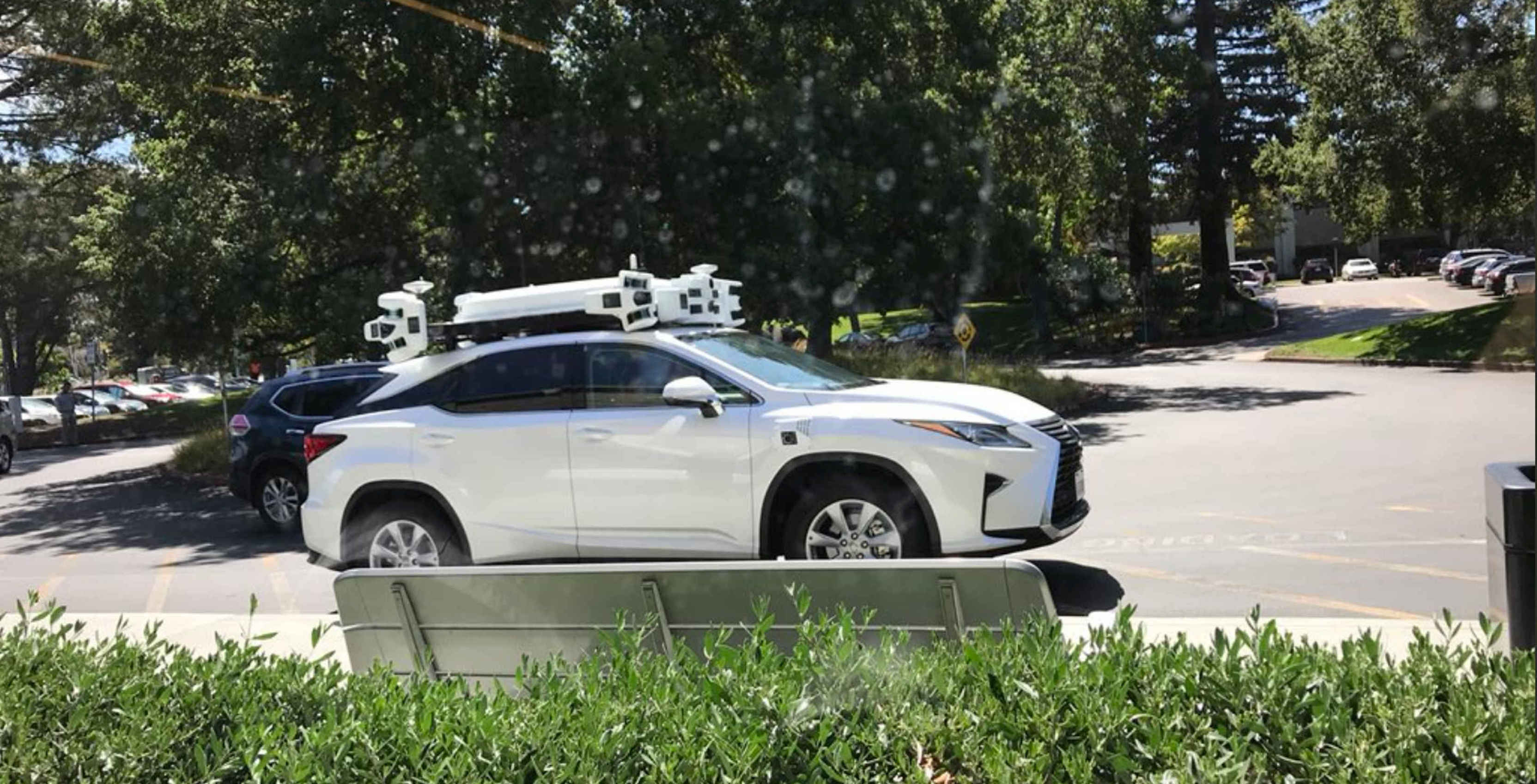
Automakers and tech companies are forming a group to study the impact of autonomous driving on humans.
The group, called the Partnership for Transportation Innovation and Opportunity (PTIO), is comprised of companies building and testing self-driving cars. The group includes automakers like Ford, Toyota and Daimler — a German multinational automotive corporation with shares in a number of bus, truck and car companies like Mercedes-Benz and Freightliner.
Additionally, the group includes tech giants like Waymo — Google’s autonomous car development company — Uber and Lyft.
Finally, PTIO includes logistics providers like FedEx and the American Trucking Association.
“Concern for the safety of workers and the public is paramount to PTIO,” executive director Maureen Westphal told The Verge in an email. She also said that the safe deployment of autonomous vehicle technology is fundamental to securing better job opportunities for workers.
“We plan to engage with a variety of concerned stakeholders already having conversations and planning for this transition to an autonomous vehicle future.”
The trucking industry, for example, is one of the biggest professions in the U.S. It is the most common in 29 states and employs some 1.7 million people. Some of the first autonomous vehicles on the road are expected to be self-driving trucks. According to a report by Goldman Sachs, the U.S. could see a loss of 25,000 jobs per month (300,000 a year) when autonomous vehicle saturation peaks.
Canada doesn’t have as many truck drivers as the U.S. However, we do have about 976,000 people employed in Transportation and Warehousing sectors. This includes people who transport goods and people using trucks, trains and airlines, among other modes of transportation.
The companies in the PTIO have a vested interest in selling autonomous vehicles to a skeptical public. However, the PTIO seems to have everyone’s best interests in mind. Westphal told The Verge that PTIO wants to help promote debate on the subject.
“Our hope is that in doing so we will help bring consensus around some proactive policies and initiatives that help ensure everyone benefits from these technological innovations. At the same time, we realize by promoting debate we may generate conversations that are uncomfortable for some stakeholders, including our members.”
Furthermore, the PTIO has set three goals for itself. The first is to develop a well-rounded, data-based understanding of how autonomous vehicles will impact jobs. Then it will solicit expertise, concerns and aspirations from interested parties. Finally, PTIO will foster awareness of existing and near-term career opportunities. The goal is the help workers during the transition to a new autonomous vehicle-enabled economy.
Source: The Verge
MobileSyrup may earn a commission from purchases made via our links, which helps fund the journalism we provide free on our website. These links do not influence our editorial content. Support us here.


